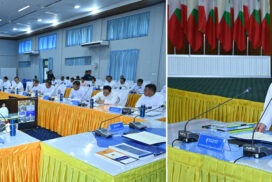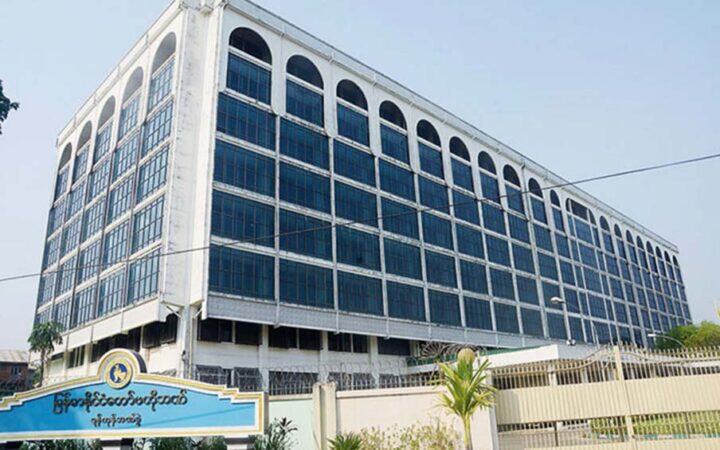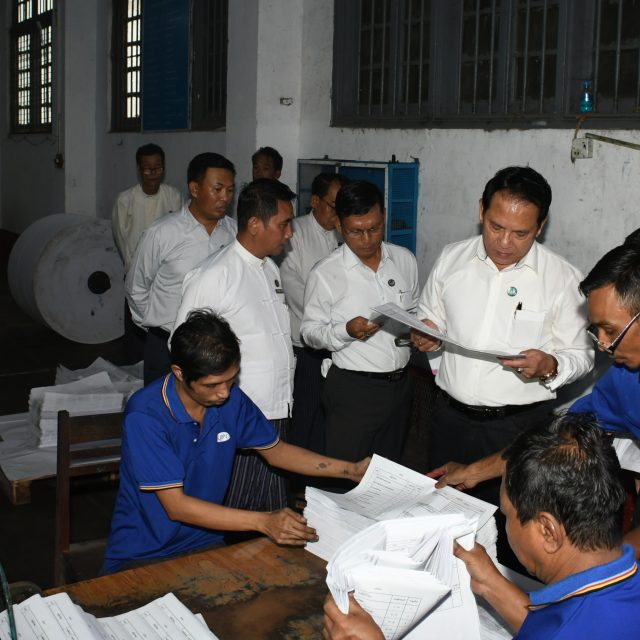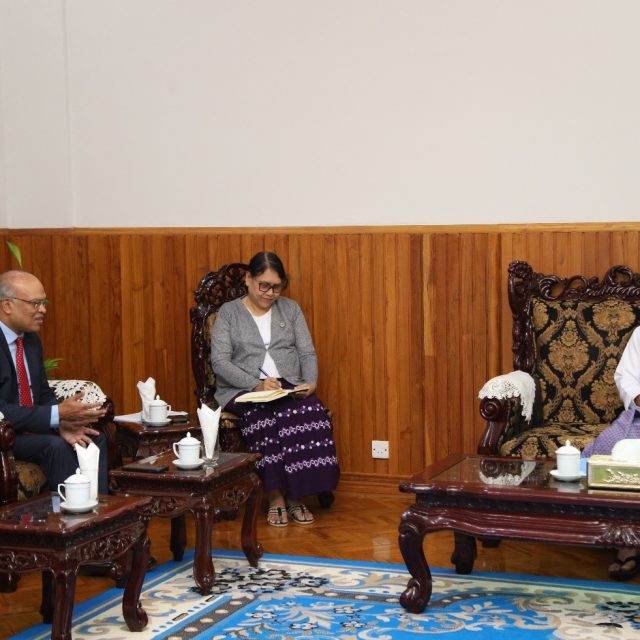The rapid advancement of technology brings numerous benefits but also significantly increases the risk of cyberattacks and cybercrimes. Consequently, government organizations are increasingly vulnerable to these threats. To address these challenges, the government issued the Cyber Security Policy in 2023, aiming for the effective implementation of cybersecurity measures. Additionally, a comprehensive cybersecurity law is being drafted to establish control over cybersecurity.
In the realm of e-government, Myanmar has made notable progress. According to the UN e-Government Development Index (EGDI), Myanmar moved from the 169th position in 2016 to the 134th position in 2022 among 193 countries. Similarly, the country’s ranking in the UN e-Participation Index (EPI) improved from 170th in 2016 to 117th in 2022. This progress reflects the growing engagement and input of citizens in governmental decision-making processes.The e-government system needs human resources, monetary resources and natural resources. The steering committee urged government departments to utilize necessary resources and implement the projects. The digital government needs to lead to digital capacity and digital maturity. Hence, it is essential to raise the e-government process so as to keep abreast of other countries’ efforts to mitigate threats of digital technology and to develop e-government services for the people.
However, the transition to a digital economy and digital government poses significant challenges for administrative and economic sectors. Without reforming government functions and work processes to align with the political system, the country risks low-quality services, funding deficiencies, and the loss of resources and economic opportunities. Therefore, it is crucial for all government departments to implement digital economy and digital government initiatives collaboratively.
It is essential to enhance information and communication technology (ICT) infrastructures and data sharing among government departments and organizations to support these efforts. Projects such as the e-Government Data Centre, Myanmar National Portal, One Map Myanmar Geo Portal, Government Cloud, Government e-Mail, and e-ID processes play a pivotal role in strengthening government capabilities and information security.
Expanding online services also improves e-banking, e-payment, e-transaction, and digital payment systems. These services face challenges related to legitimacy and verification. It is necessary to establish backup systems and disaster recovery systems to protect against the loss of critical information and data to address these issues.
While the rapid development of digital technology offers significant advantages, it also presents substantial cybersecurity threats. By implementing robust cybersecurity measures, enhancing ICT infrastructures, and ensuring collaborative efforts across government departments, Myanmar can effectively mitigate these risks and continue to progress in its e-government and digital economy initiatives.
The e-government system needs human resources, monetary resources and natural resources. The steering committee urged government departments to utilize necessary resources and implement the projects. The digital government needs to lead to digital capacity and digital maturity. Hence, it is essential to raise the e-government process so as to keep abreast of other countries’ efforts to mitigate threats of digital technology and to develop e-government services for the people.















